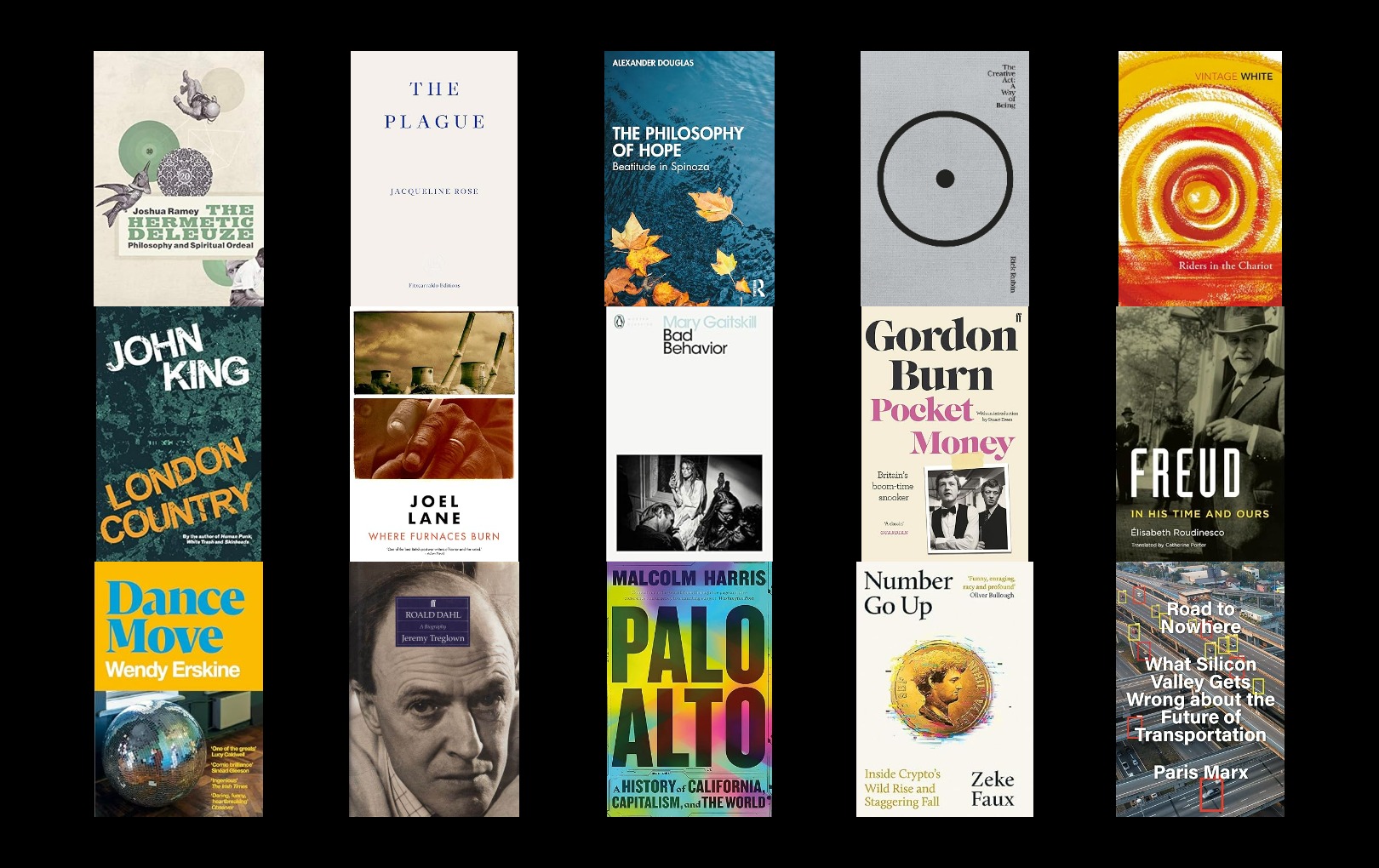
Brad Evans: I Know I Will Never Write a Better Book
If the measure of writing is to get as close as we can to the truth of existence, I know I will never write a
In the May 7th issue of the LRB, Dawn Foster demolished the arguments in favour of free schools. In particular, she highlighted how huge amounts of public money has, in some cases, been spent setting up free schools in areas where there is no lack of school places:
“There is no requirement that free school founders have experience of running a school, and no assessment is made as to whether the prospective founders will be able to meet the legally required standards of school governance.
In effect, this means that any group of parents who believe there is a need for a new school can club together and apply to set it up. Successful applicants have argued that there is a local need for Steiner schools, German schools, and schools that follow Montessori or Maharishi principles. An application to set up a Scientology school was unsuccessful. The ‘need’ for a new school isn’t necessarily based on an assessment of the number of school places available in a given area, but on parental choice and a clamouring for individualism in state-funded education. Petitions often suffice. One academy chain putting forward an application to start a free school in Doncaster offered potential pupils £500 to sign up: other free schools have offered iPads and bicycles…
…In a report from May 2014, the Public Accounts Committee noted that £1.1 billion had been spent on free schools up to March 2014, of which £700 million was for land and buildings; £241 million had been spent in areas with no shortage of school places. While 87 per cent of primary places created were in places of need, only 19 per cent of secondary places were…
…As with the NHS, the slow creep of privatisation in education happens below the surface. ‘There is this group of people,’ Millar explains, ‘who think England will get for-profit schools, and they want to be there at the beginning of it, because it’s a lucrative business once you get chains of schools.’…
…When Ofsted finds that a local authority school is failing, the school is taken over by an academy chain. When a converted academy is found to be failing, it doesn’t return to local authority status: it is handed on to a different academy chain. It’s a one-way street: theoretically, if standards slip, every school in the country could become an academy.”
Unsurprisingly, free schools’ most high-profile advocate, Toby Young wasn’t a fan of the piece. In a letter to the LRB he took issue with with Foster’s interpretation of the statistics, making claims that were immediately demolished in letters from Michael Rosen, Melissa Benn & Janet Downs that are worth reading in full. He then went on to imply that, anyway, all this thoroughly researched analysis is irrelevant, because he knows Michael Gove and Andrew Adonis personally, and they’re decent chaps who with the best intentions. Thanks for clearing that up Toby.
“…More misleading than simply neglecting these subtleties was the overall thrust of the articles, which is that the reforms initiated by Michael Gove (and to a lesser extent Andrew Adonis) were masterminded by evil capitalists, intent on squeezing the last drop of profit out of state-funded education. That simply isn’t true. Having spoken at length to Andrew Adonis, and knowing Michael as I do, I can say with complete confidence that their sole motive was to improve England’s public education system – in particular, to improve outcomes for the least well-off, who fared very badly under the pre-2010 state-run Shangri-la favoured by both authors. For Andrew and Michael, education reform is and always has been a moral crusade, not an attempt to hand control of England’s public education system to billionaire robber barons.
Toby Young
West London Free School Academy Trust
London W6
Dawn Foster replied, explaining how Young had misrepresented her argument, before delivering a final blow:
“It’s hardly surprising, given his investment in the cause, that Toby Young ignores the main points in responding to my piece, and cherry-picks the data. As I wrote, only 19 per cent of secondary free schools are opened in areas with a shortage of places: a colossal waste of funds that justifiably drew the attention of the Public Accounts Committee. When free schools do open in deprived areas, the students they enrol are not the poorest; one of the problems people have with free schools is that they make it possible for sharp-elbowed parents to separate their children from the children of their more deprived neighbours. Of the first wave of 24 free schools, all but two have free school meals rates below the local average. An Institute of Education report on free schools in 2014 showed that 13.5 per cent of pupils attending primary free schools were eligible for free meals when the local average was 18.3 per cent; for secondary free schools, the corresponding figures were 17.5 per cent and 22.1 per cent. Creaming off the children of more affluent parents constitutes social segregation; so too does the existence of religious free schools.
Young seems to think he is held in high regard by free school advocates. When I mentioned his name in the course of interviewing a former Department for Education employee for the piece, my interviewee headbutted the restaurant table in exasperation. I have found the sentiment, if not the gesture, to be common among his ideological comrades.”
Dawn Foster
Dawn Foster is a writer and journalist. Her first book, Lean Out, a critique of corporate feminism, will be one of Repeater’s launch titles in early 2016.

If the measure of writing is to get as close as we can to the truth of existence, I know I will never write a

To accompany his latest piece with Tariq Goddard in The Quietus on True Detective Season 4 and the legacy of In The Dust of This Planet, Eugene

As another turbulent year draws to a close, the Repeater team put forward their favourite reads for the festive season. Publisher, Editor, and Author Tariq

If the measure of writing is to get as close as we can to the truth of existence, I know I will never write a

To accompany his latest piece with Tariq Goddard in The Quietus on True Detective Season 4 and the legacy of In The Dust of This Planet, Eugene

As another turbulent year draws to a close, the Repeater team put forward their favourite reads for the festive season. Publisher, Editor, and Author Tariq
